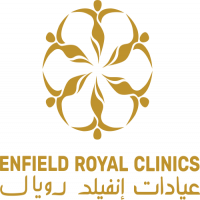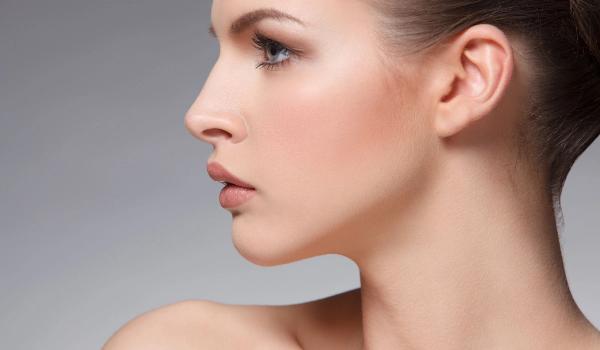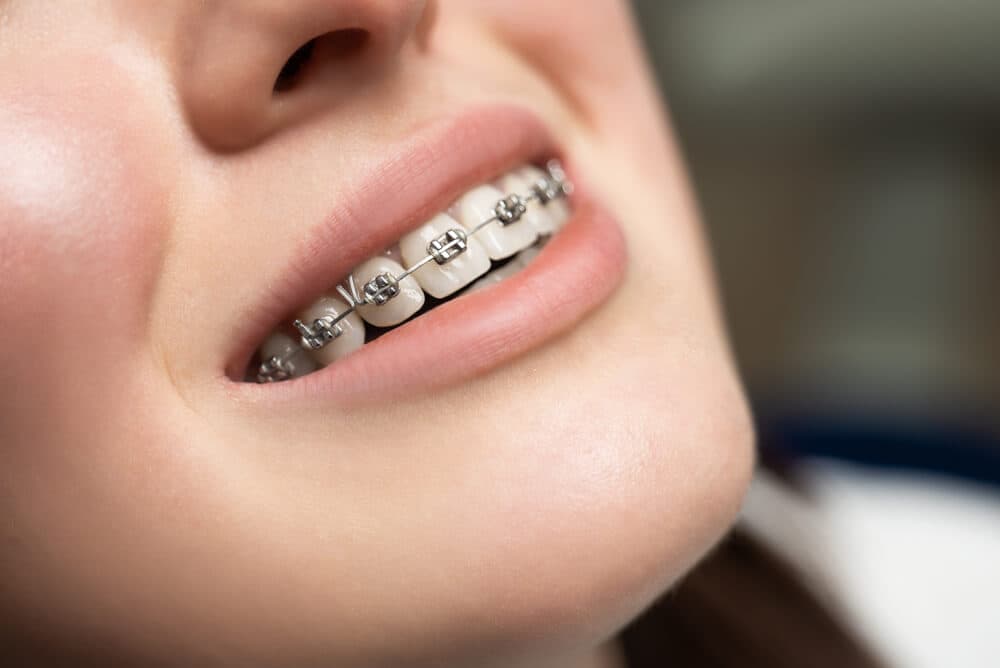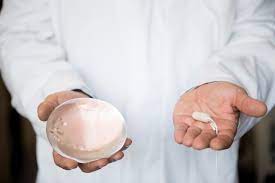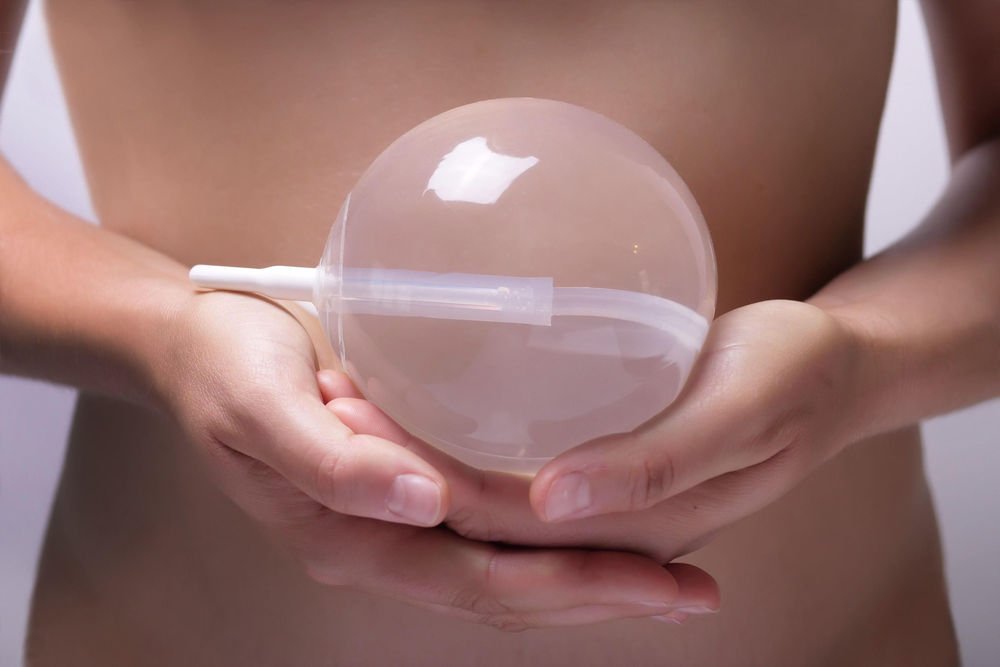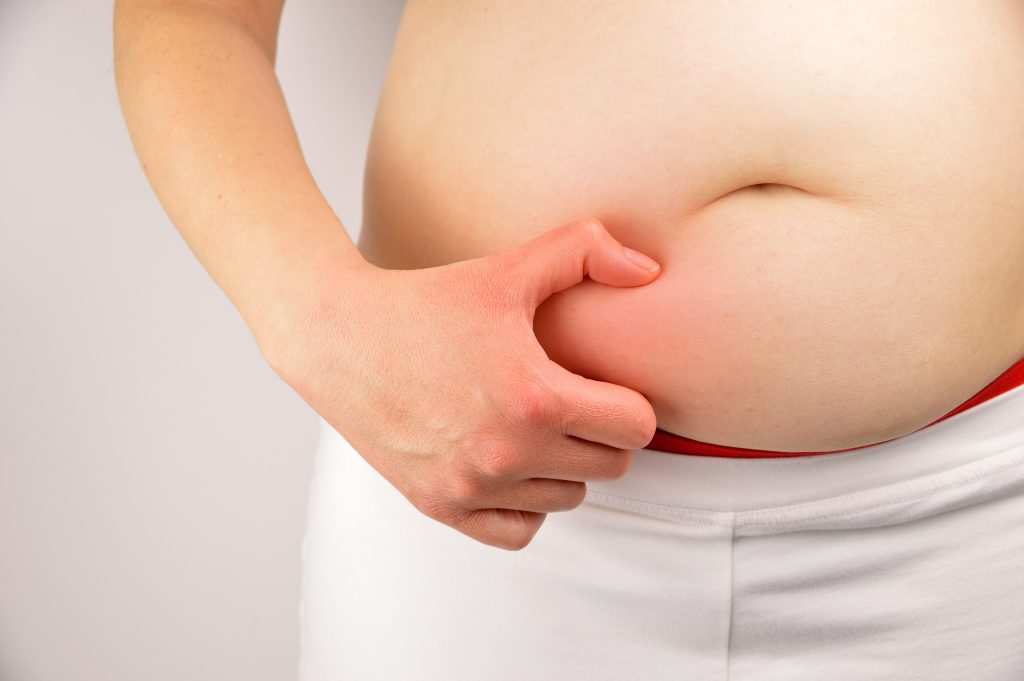How to Avoid Wax Blockages After Cleaning Your Ears in Dubai
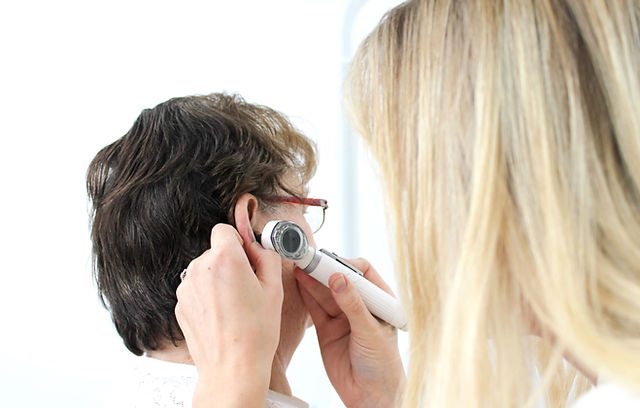
Ear wax, or cerumen, serves essential functions for ear health, such as protecting the ear canal from dust, debris, and pathogens. However, excessive buildup can lead to blockages, discomfort, and hearing loss. Many people frequently clean their ears, which can ironically contribute to wax blockages. In Dubai, where ear hygiene practices may vary, understanding how to prevent Ear Wax Removal in Dubai. This article explores effective strategies to maintain ear health and avoid wax blockages after cleaning your ears.
Understanding Ear Wax
Before diving into prevention techniques, it's important to understand the nature of ear wax. Ear wax is produced by glands in the ear canal and serves several purposes:
Protection: It traps dirt, dust, and bacteria, preventing them from reaching the eardrum.
Lubrication: It keeps the skin of the ear canal moist, preventing dryness and itching.
Antimicrobial Properties: Ear wax contains enzymes that help kill harmful bacteria and fungi.
Under normal circumstances, ear wax naturally migrates out of the ear canal through jaw movements like chewing and talking. However, cleaning methods that push wax deeper into the ear can lead to blockages.
Common Causes of Ear Wax Blockages
Several factors contribute to the formation of ear wax blockages:
Over-Cleaning: Using cotton swabs or other objects can push wax deeper into the ear canal, causing blockages instead of removing it.
Ear Canal Shape: Some individuals have naturally narrower ear canals, making them more prone to wax buildup.
Skin Conditions: Conditions such as eczema or psoriasis can increase ear wax production and lead to blockages.
Use of Earplugs or Hearing Aids: Regular use of these devices can prevent the natural expulsion of wax, contributing to buildup.
Effective Strategies to Prevent Wax Blockages
1. Avoid Inserting Objects into the Ear Canal
One of the most common mistakes people make is using cotton swabs, hairpins, or other objects to clean their ears. These items can push ear wax deeper into the canal, creating blockages. Instead of cleaning the ear canal, focus on cleaning the outer ear.
Recommended Action: Use a damp washcloth to gently wipe the outer ear. This method can effectively remove excess wax without pushing it further inside.
2. Use Ear Drops
Over-the-counter ear drops are available specifically designed to soften ear wax. These drops typically contain mineral oil, hydrogen peroxide, or saline solution. By softening the wax, these drops facilitate its natural migration out of the ear canal.
Recommended Action: Follow the instructions on the packaging for proper use. Regular application can help prevent excessive wax buildup.
3. Maintain Regular Ear Hygiene
While it’s essential to avoid over-cleaning, maintaining a regular ear hygiene routine is important. This includes gently cleaning the outer ear and monitoring any changes in ear health.
Recommended Action: Establish a routine that involves cleaning the outer ear once a week. Use a damp cloth to remove any visible wax without inserting anything into the ear canal.
4. Stay Hydrated
Staying hydrated can positively impact ear wax production. Proper hydration helps maintain the overall health of the skin, including the skin of the ear canal.
Recommended Action: Aim to drink adequate amounts of water daily, which can vary based on individual needs and activity levels. Proper hydration can help keep ear wax from becoming too hard or dry.
5. Consult a Professional for Wax Removal
If you frequently experience ear wax buildup, consider consulting an ENT (Ear, Nose, and Throat) specialist for regular check-ups. These professionals can safely remove excessive wax using various techniques and provide personalized advice on ear care.
Recommended Action: Schedule an appointment for ear wax removal if you experience symptoms such as muffled hearing, earache, or a sensation of fullness in the ear. Regular visits can help prevent wax blockages and ensure optimal ear health.
6. Limit Earplug and Hearing Aid Use
While earplugs and hearing aids are essential for many individuals, they can contribute to wax buildup when used excessively. These devices can prevent the natural migration of ear wax out of the ear canal.
Recommended Action: If you regularly use earplugs or hearing aids, make a habit of removing them for short periods. This practice allows the ear to breathe and promotes natural wax expulsion.
7. Be Cautious with Water Exposure
Excessive exposure to water, especially in swimming or showering, can lead to water becoming trapped in the ear canal. This moisture can combine with ear wax, creating a blockage.
Recommended Action: Use earplugs or a swim cap when swimming, and dry your ears gently with a towel after bathing. If water gets trapped, tilt your head to the side to allow it to drain out.
8. Monitor Skin Conditions
Individuals with skin conditions such as eczema or psoriasis should monitor their ear health closely. These conditions can lead to increased ear wax production or blockages.
Recommended Action: Consult a healthcare provider for advice on managing skin conditions that may affect ear wax production. Treatment for underlying conditions can help prevent wax buildup.
9. Educate Yourself on Symptoms
Understanding the symptoms of ear wax blockages can help you take action before they worsen. Common symptoms include muffled hearing, earache, itching, and a sensation of fullness in the ear.
Recommended Action: Stay vigilant for these symptoms and seek professional help if you experience them. Early intervention can prevent complications and more significant issues.
10. Maintain a Healthy Lifestyle
A healthy lifestyle contributes to overall well-being, including ear health. A balanced diet, regular exercise, and proper hygiene practices can help maintain optimal ear function.
Recommended Action: Incorporate a variety of fruits, vegetables, and whole grains into your diet. Regular physical activity can also improve circulation, benefiting your overall health.
Conclusion
Avoiding wax blockages after cleaning your ears requires a combination of proper ear hygiene and preventive measures. By understanding the nature of ear wax and implementing the strategies outlined in this article, you can maintain optimal ear health and reduce the risk of blockages. Remember that while ear wax serves essential functions, excessive buildup can lead to discomfort and complications. Consulting with a healthcare professional is crucial for those experiencing persistent issues. Prioritizing ear care in Dubai can enhance your quality of life, allowing you to enjoy clear and healthy hearing.
Note: IndiBlogHub features both user-submitted and editorial content. We do not verify third-party contributions. Read our Disclaimer and Privacy Policyfor details.

